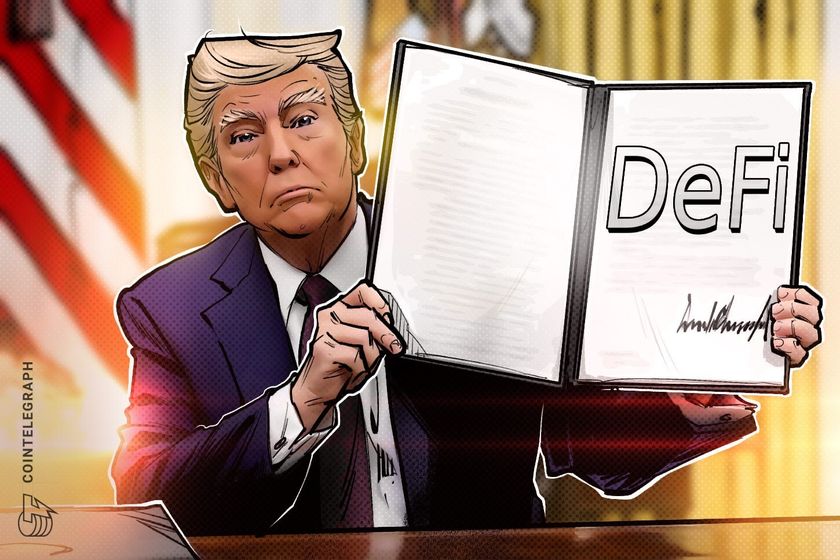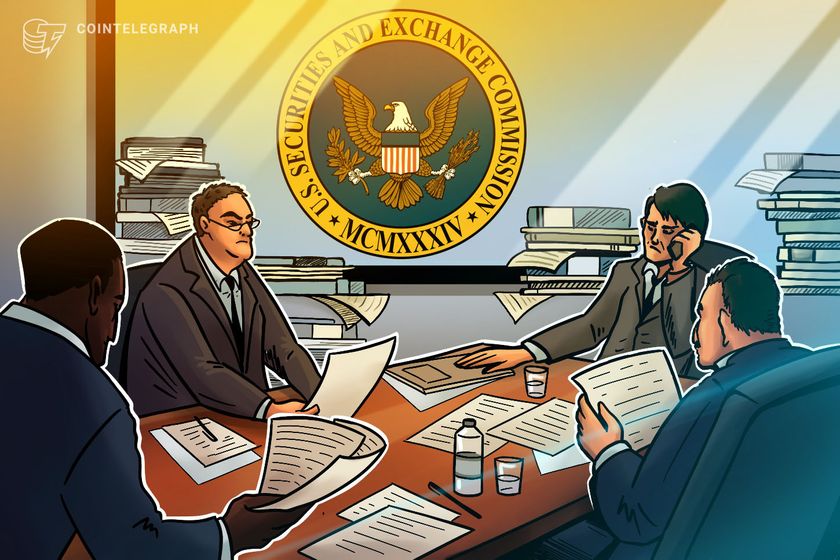

Former Binance CEO Changpeng “CZ” Zhao has been appointed as an adviser to Pakistan’s Crypto Council, a newly formed regulatory body tasked with overseeing the country’s embrace of blockchain technology and digital assets.
The appointment was confirmed by Pakistan’s finance ministry and reported by Bloomberg on April 7. Zhao will advise the regulatory body on cryptocurrency regulation, infrastructure and adoption, Bloomberg reported.
CZ is seen signing documents during his appointment by Pakistan’s Ministry of Finance. Source: Business Recorder
Zhao is one of the most recognizable names in crypto, having served as CEO of Binance between 2017 and 2023. He resigned as CEO of the exchange in November 2023 after pleading guilty to charges related to violating US money laundering laws. He was later sentenced to four months in prison.
For Pakistan, Zhao is a high-profile appointment that could potentially help the country lure foreign investment in an industry that has taken on new strategic importance.
In March, the CEO of Pakistan’s Crypto Council, Bilal bin Saqib, told Bloomberg that the country plans to develop a clear regulatory framework for digital assets.
“Pakistan is done sitting on the sidelines,” Saqib said. “We want to attract international investment because Pakistan is a low-cost high-growth market with […] a Web3 native workforce ready to build.”
Related: Binance co-founder Changpeng Zhao to advise Kyrgyzstan on blockchain tech
Crypto in Pakistan: Adoption and pain-points
Pakistan has long been considered a potential hub for crypto adoption due to its growing population, large diaspora and thriving black market for foreign exchange trades.
The value of cash sent to Pakistan through formal remittance channels surged at the end of last year amid a countrywide crackdown on black market dollar trades.
“This increase might be because remittances that had previously been sent using the black market are now being sent via official channels,” John Ashbourne, an economist at Fitch Solutions, told Bloomberg.
Pakistan ranked highly in Chainalysis’ 2024 crypto adoption index, largely due to strong retail adoption and transactions at centralized services.
In 2024, Pakistan ranked ninth among Central and Southern Asia and Oceania (CSAO) countries. Source: Chainalysis
Stablecoins have emerged as one of crypto’s most prominent use cases in regions with high demand for US dollars due to currency depreciation.
Although data on stablecoin usage in Pakistan is slim, a 2023 KuCoin survey revealed that 33% of local crypto investors use digital assets to hedge against the rupee’s devaluation.
A more recent survey conducted by Bitget found that 46% of respondents in South Asia — a region that includes India, Pakistan, Bangladesh and others — use digital assets for speed and accessibility of transactions.
Magazine: How crypto laws are changing across the world in 2025



